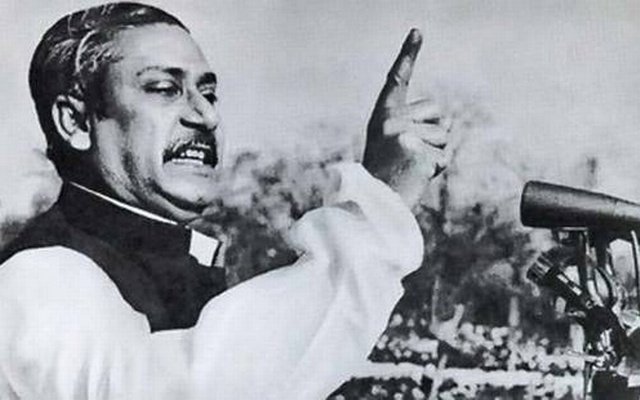The assassination of Bangabandhu Sheikh Mujibur Rahman is a tragic event that left an indelible mark on the history of Bangladesh. On August 15, 1975, Bangladesh’s founding father and his family were brutally murdered in their home by a group of military officials. The killing not only caused immense grief to the people of Bangladesh but also led to a period of political instability and violence. In this article, we will delve into the factors that led to the assassination of Bangabandhu Sheikh Mujibur Rahman and its repercussions on Bangladesh.
The assassination of Bangabandhu
There were several factors behind the assassination of Bangabandhu Sheikh Mujibur Rahman. One of the primary reasons was the political instability and tensions that plagued Bangladesh during that time. After gaining independence from Pakistan in 1971, Bangladesh faced several challenges, including economic instability, corruption, and poverty. The government led by Bangabandhu Sheikh Mujibur Rahman faced criticism from opposition parties and factions within the ruling party. There were also disagreements over the distribution of power and resources, which created tensions and divisions within the government.
Another factor that contributed to the assassination was the military’s growing dissatisfaction with the government’s policies. The military viewed the government as weak and inept in dealing with the challenges facing the country. They believed that the government was too focused on politics and not enough on addressing the country’s problems. Moreover, there were concerns over the government’s relationship with India and its alleged involvement in a conspiracy to create a separate state in the northeast of Bangladesh.
On the night of August 15, 1975, a group of military officials led by Major Syed Faruque Rahman raided the residence of Bangabandhu Sheikh Mujibur Rahman and murdered him and most of his family members. The military officials also killed several of Sheikh Mujibur Rahman’s close associates and aides. The killings shocked the nation and triggered a period of political instability and violence.

Following the assassination, General Ziaur Rahman, a military officer who was not involved in the killing, took power and declared martial law. He established a military-backed government that ruled Bangladesh for the next nine years. During this period, the country saw an upsurge in political violence, repression of dissent, and human rights violations. Many of Bangabandhu Sheikh Mujibur Rahman’s supporters were imprisoned or killed, and the political opposition was suppressed.
The assassination of Bangabandhu Sheikh Mujibur Rahman had a profound impact on Bangladesh. It marked the beginning of a period of political turmoil and instability that lasted for several years. Besides the political implications, the assassination also had a significant impact on the social and cultural fabric of the country, leading to a sense of loss and mourning that still endures to this day.
The assassination of Bangabandhu Sheikh Mujibur Rahman was condemned by many countries and organizations, who viewed it as a violation of human rights and democratic principles. The United Nations General Assembly passed a resolution denouncing the assassination and demanding an investigation into the matter. However, the military government in Bangladesh at the time rebuffed the resolution and denied any involvement in the killing.
Bangabandhu Sheikh Mujibur Rahman’s legacy lives on in Bangladesh to this day. He is remembered as a champion of democracy and social justice, and his vision of a prosperous and inclusive Bangladesh continues to inspire many. The Bangladesh government has taken several measures to honor his memory, including declaring August 15 as National Mourning Day and establishing a museum in his honor.
To conclude, the assassination of Bangabandhu Sheikh Mujibur Rahman was a tragic event that had a far-reaching impact on Bangladesh. It was the product of political instability, tensions, and disagreements that existed within the government, as well as the military’s dissatisfaction with the government’s policies. The brutal killings of Bangabandhu Sheikh Mujibur Rahman and his family members shocked the nation and sparked a period of political turmoil and instability that lasted for several years. The aftermath of the assassination saw the establishment of a military-backed government that ruled Bangladesh for almost a decade, and a rise in political violence, repression of dissent, and human rights abuses.
However, Bangabandhu Sheikh Mujibur Rahman’s legacy lives on in Bangladesh to this day, and he is remembered as a champion of democracy and social justice. The assassination of Bangabandhu Sheikh Mujibur Rahman was a significant event in Bangladesh’s history that left an enduring impact on the country and its people.
You can also read:


